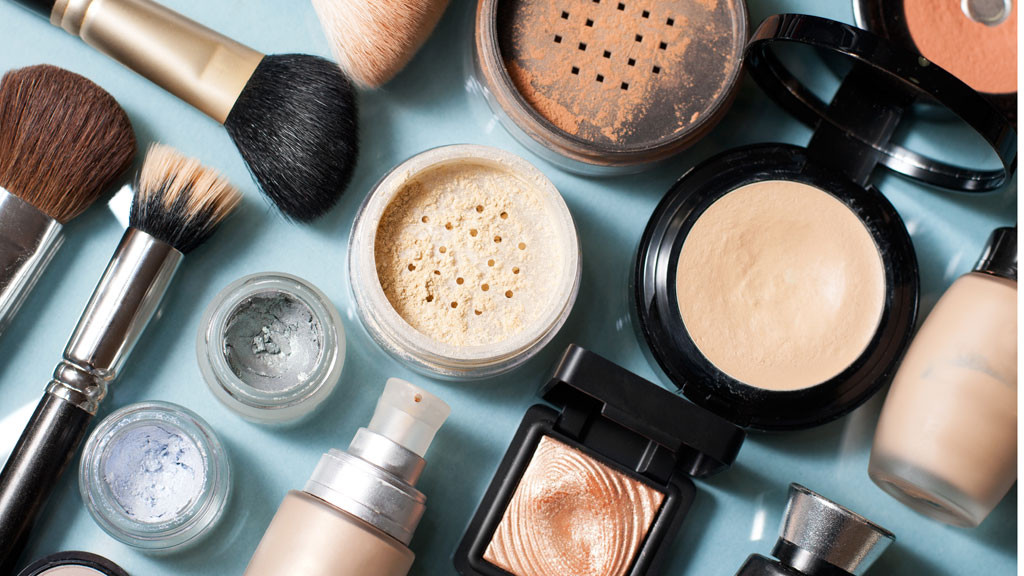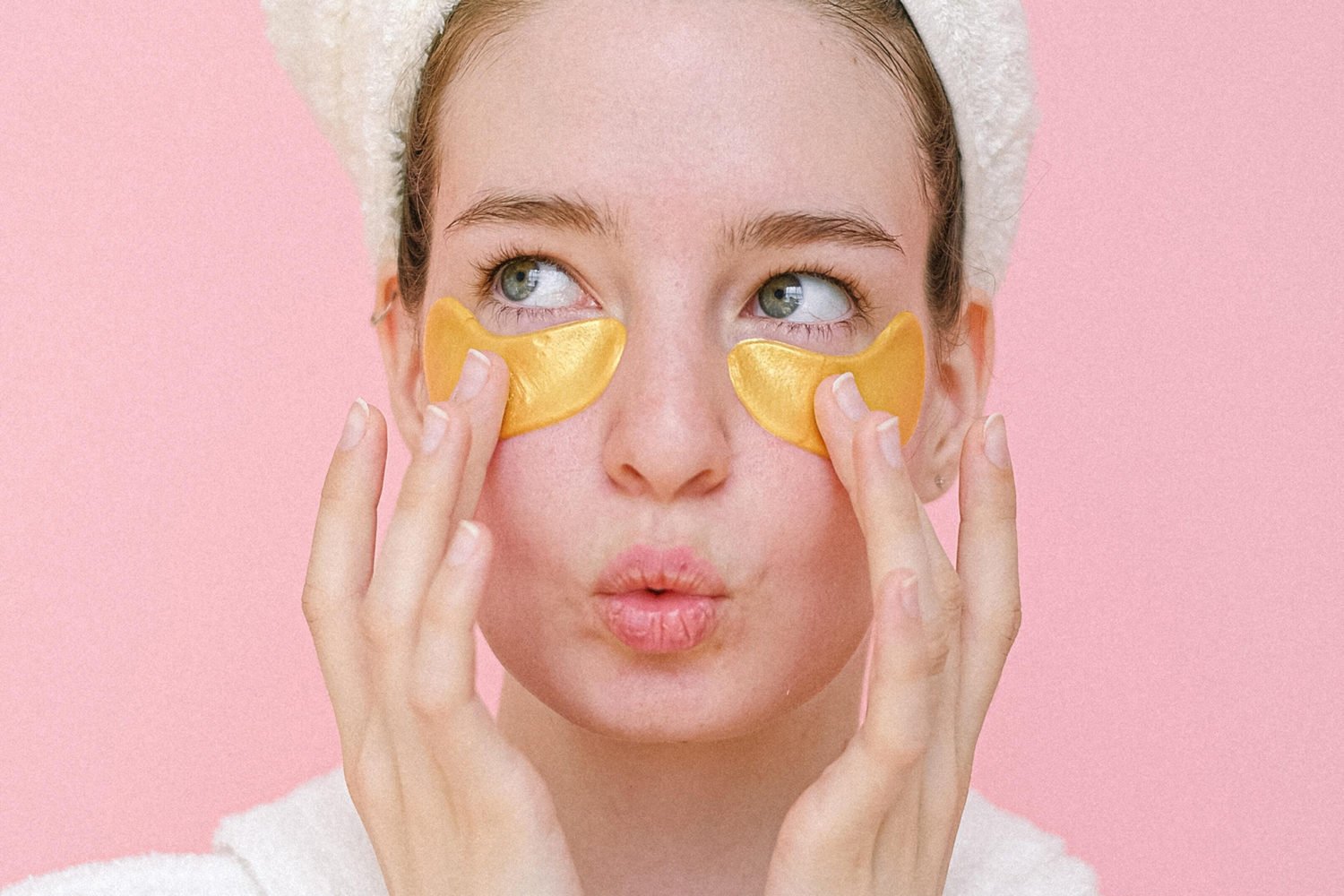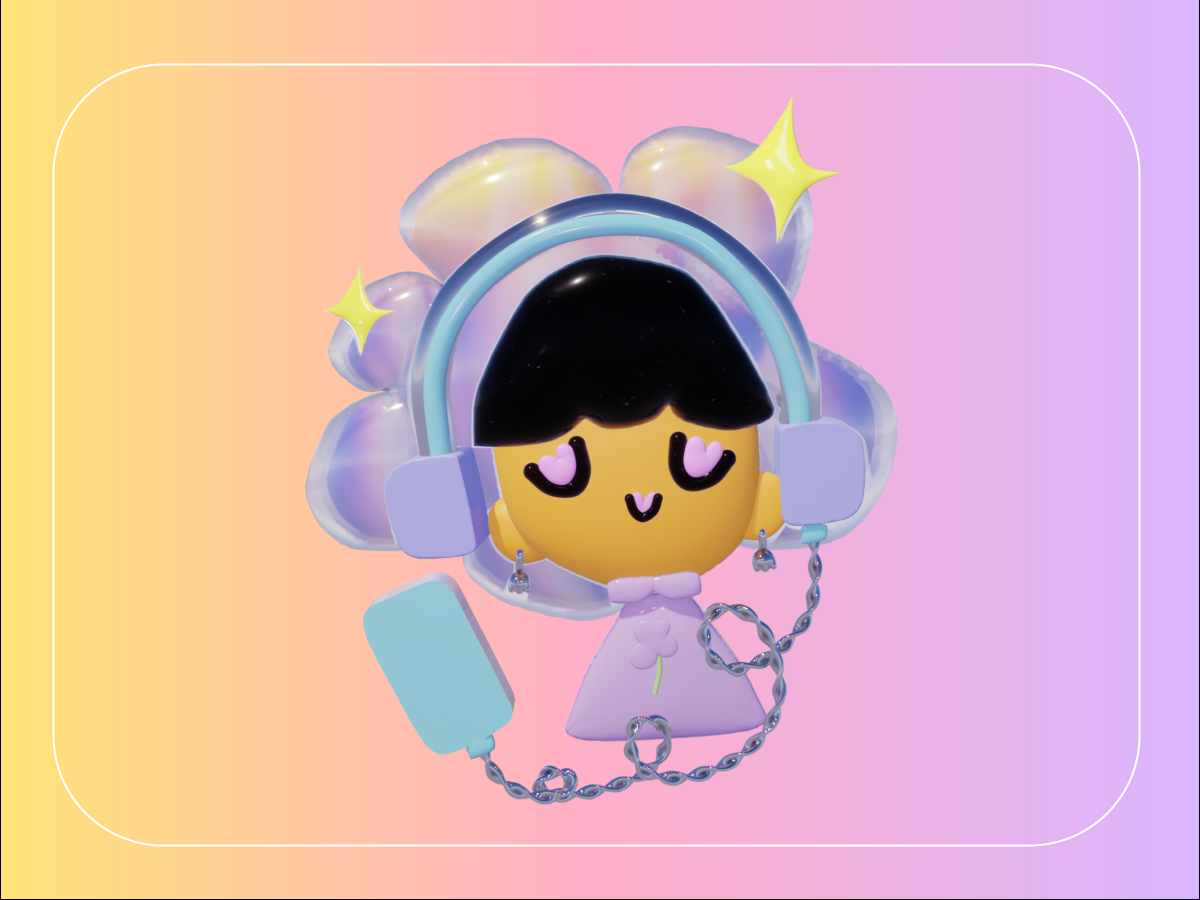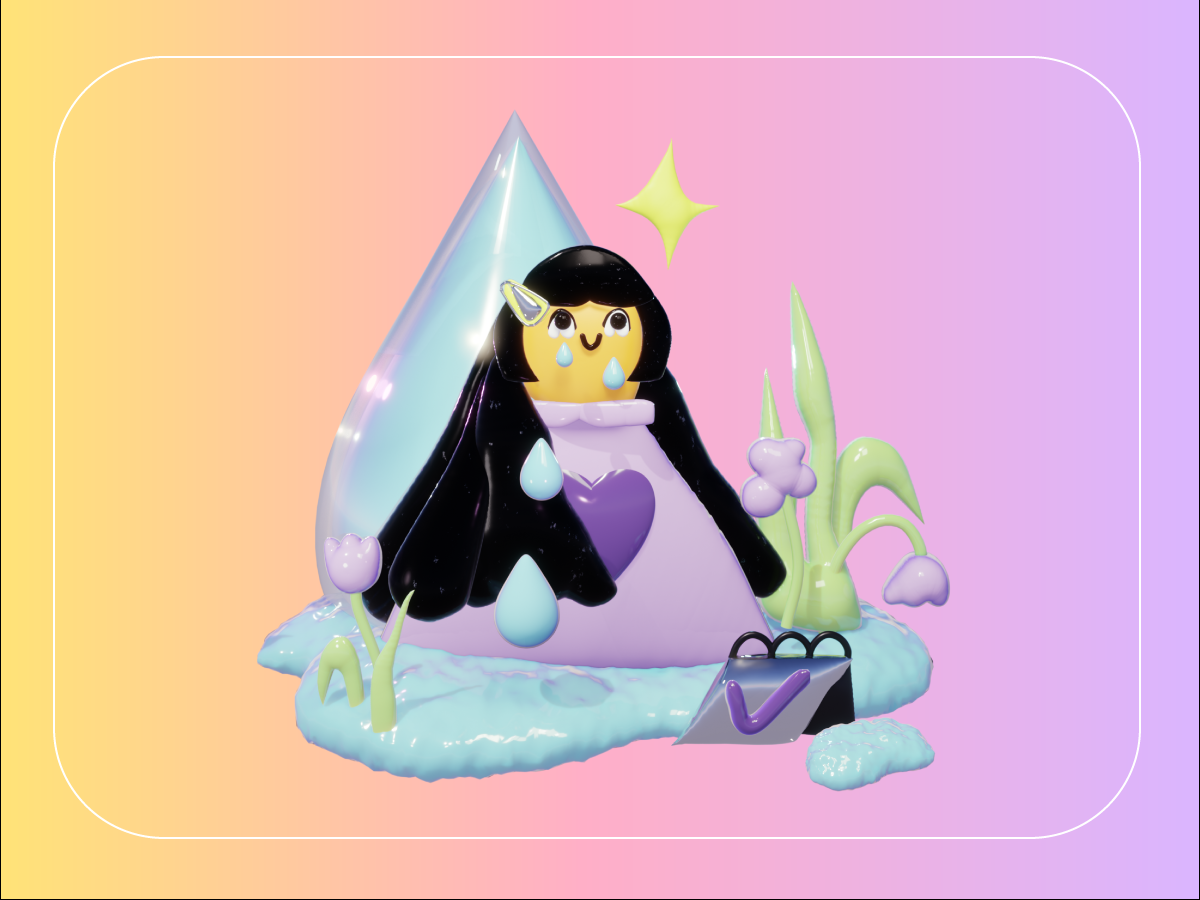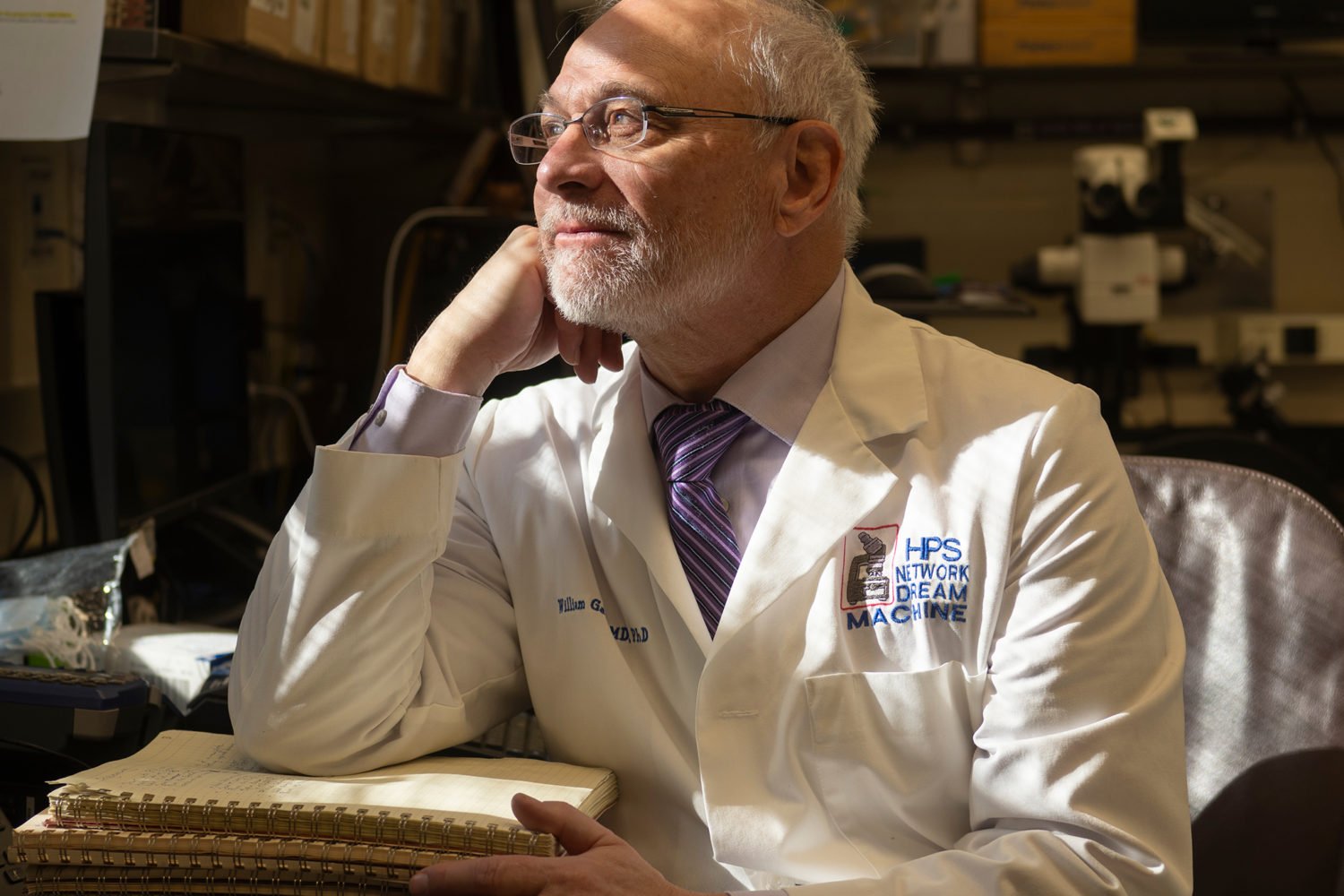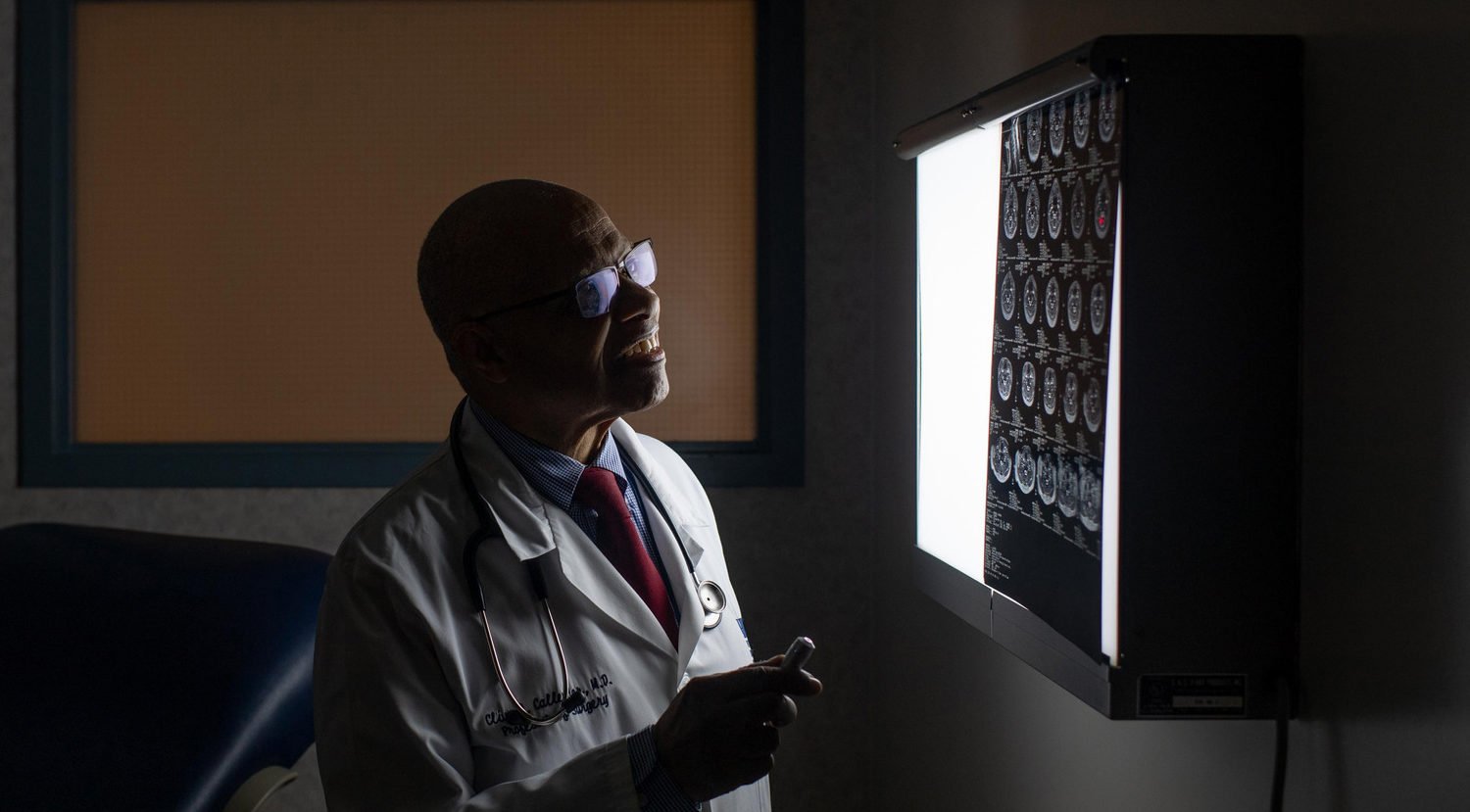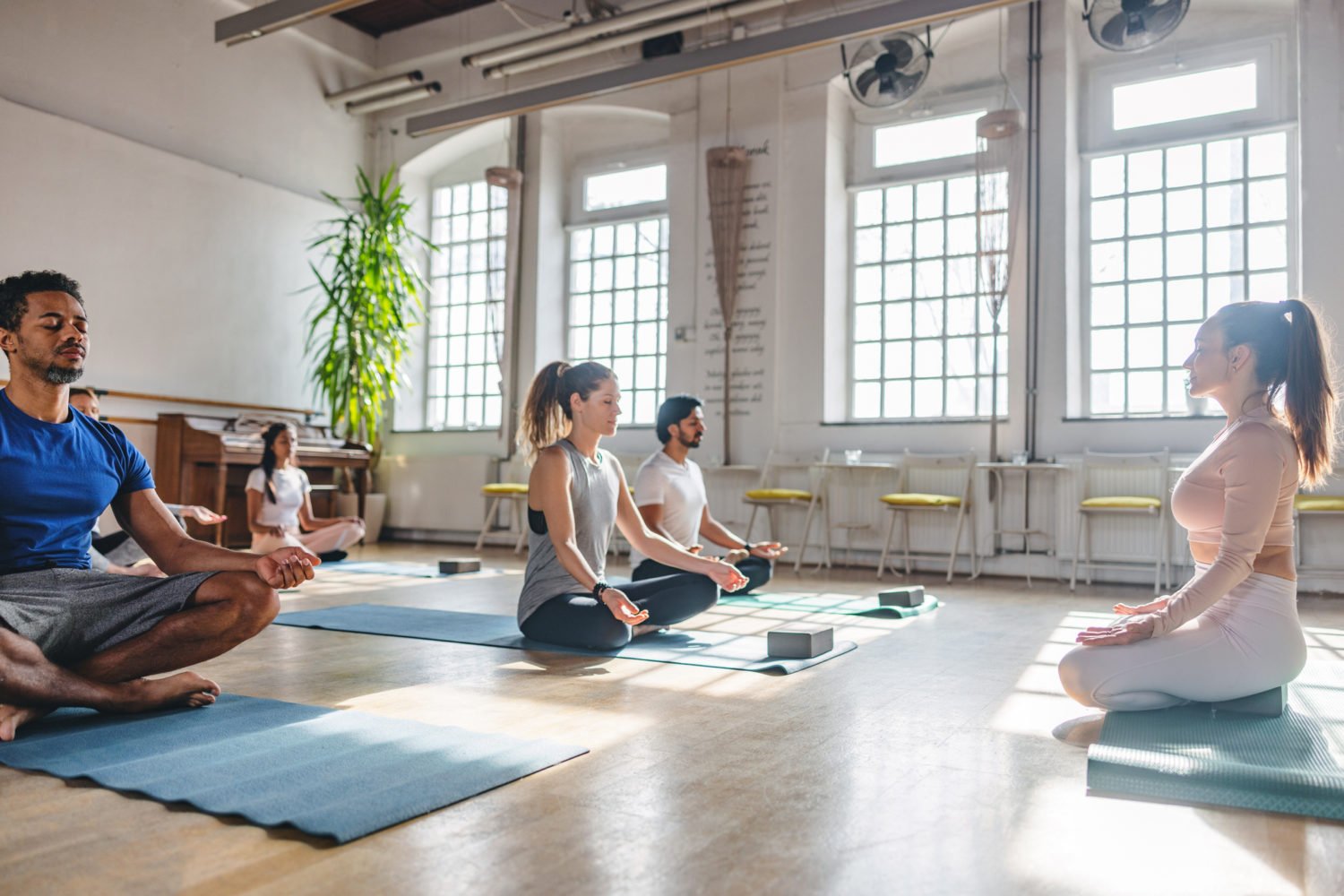We shouldn’t have to repeat this in 2017, but just in case, here’s your reminder: Wearing sunscreen is Really. Important. Especially if you’re not a fan of say, skin cancer or looking like a leathery old bag. In addition to wearing a hat and sunglasses, the best way to protect your face from premature aging and skin cancer is by wearing a broad-spectrum sunscreen. And by “wearing,” we mean “wearing every single day.”
I know your morning routine is already too long, but that’s okay: Makeup companies have incorporated SPF into their products, so there are tons of moisturizers and foundations that are filled with it. However, with so many products with sunscreen in them now, I often get asked: “Is wearing makeup or a moisturizer with sunscreen good enough?” I get a lot of questions in my office this time of year about how much, what type, and how high an SPF is really needed. Let’s go through some of the more common questions.
What should I look for on the label?
Look for the words “broad spectrum,” meaning it helps to block both UVA and UVB rays. Sunscreen of at least SPF 30 is recommended by the American Academy of Dermatology. There is relatively little benefit in the higher SPFs, but at least use an SPF 30. The type of sunscreen will depend on the person. People with sensitive skin should use physical sunscreens that contain only zinc or titanium because they are non-reactive and sit on the surface of the skin. In the past these formulations used to be quite chalky, but today’s products feel light and are usually tinted to match almost any skin tone.
How much do I need to wear for it to work?
Moisturizer or makeup with sunscreen is a fine way to get your sun protection. However, it needs to be applied evenly and all over the face. You will not get the SPF on the label if only certain areas on the face are covered or if you are skimpy on the application. The application should be thick.
Should I wear multiple SPF-filled products at once?
Layering products with SPF is good because it will increase the likelihood that you are being protected because there is a greater chance of covering the entire face. However, the numbers are not cumulative. For instance, a moisturizer with SPF 15 under a makeup with SPF 15 does not equal an SPF of 30. One of my favorite layering combinations in the summer when it’s humid in DC is to use a light foundation and then dust a generous coating of a sunscreen powder over it. The best sunscreen powders are usually at least SPF 30 or 50 and look like loose powder. It does double-duty as a sunscreen and makeup without added greasiness.
Do I still have to reapply?
Yes, reapplication every two to three hours is necessary while in the sun for the best protection. The ingredients in sunscreen are more stable than ever before, but still do not last all day. Carry some sunscreen in your bag for touch-ups. My go-to is a powder that includes a brush to keep my makeup looking good and skin protected at the same time and you don’t have to worry about spillage in the bottom of my bag.
What are some recommended brands?
When it comes to sunscreen, the best one is the one you actually like to use. Spend the time to shop around and try different products. Even if you’re not spending the day on the beach, you’re probably still getting incidental sun exposure—the kind you get daily just by going back and forth to work, school, errands, etc. This kind of exposure is cumulative, so be sure to use an SPF each and every day to slow down skin aging and reduce the risk of skin cancer.
That said, here’s a short list of my fave brands:
Powder: ColorScience SPF 50
Good for oily skin: La Roche-Posay fluid SPF 50 sunscreen or EltaMD SPF 41
Good for dry skin: Epionce SPF 50
Overall sunscreens (that you can get at the drugstore): Neutrogena
BB cream: Revision Intellishade SPF 45
Dr. Elizabeth Tanzi is Founder and Director of Capital Laser & Skin Care and Clinical Professor of Dermatology at the George Washington Medical Center.

